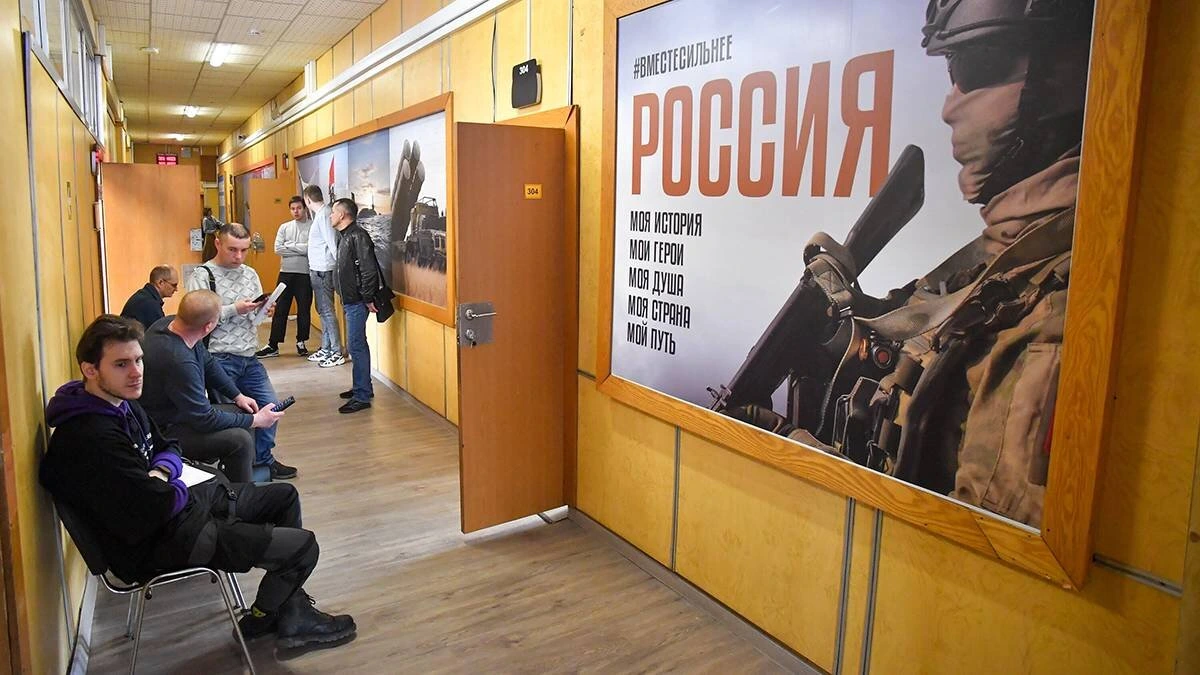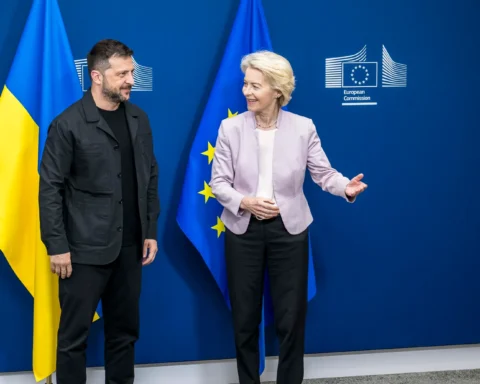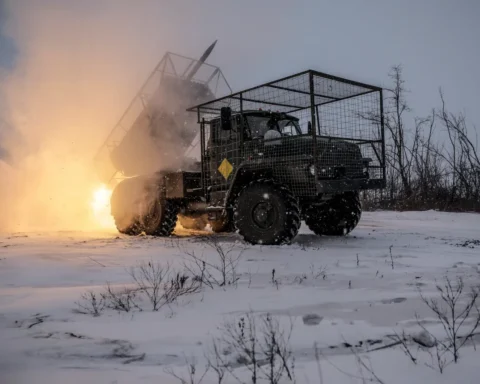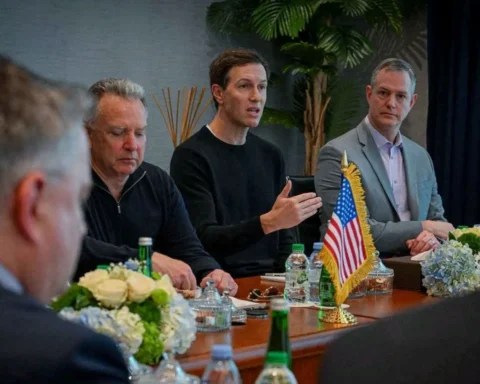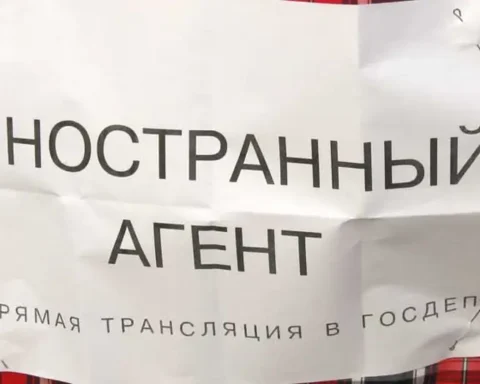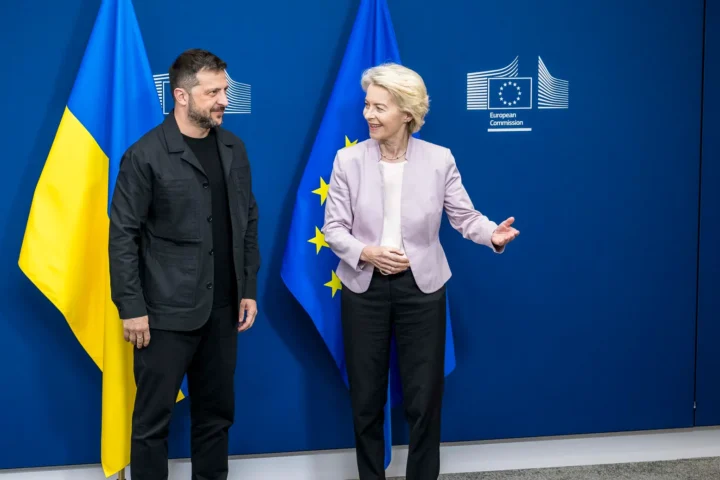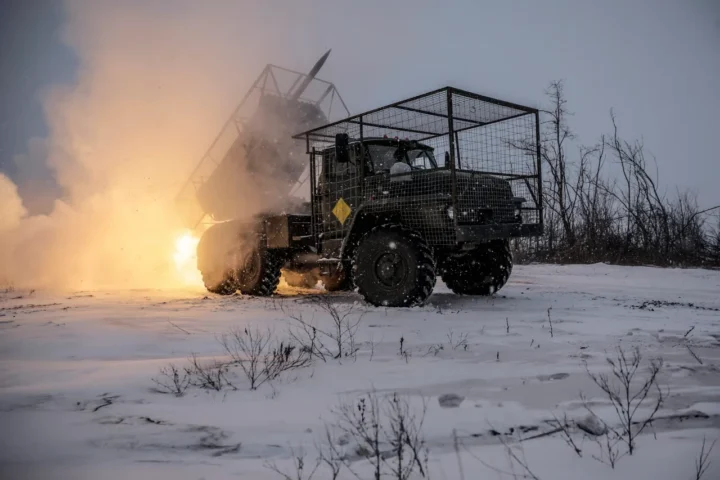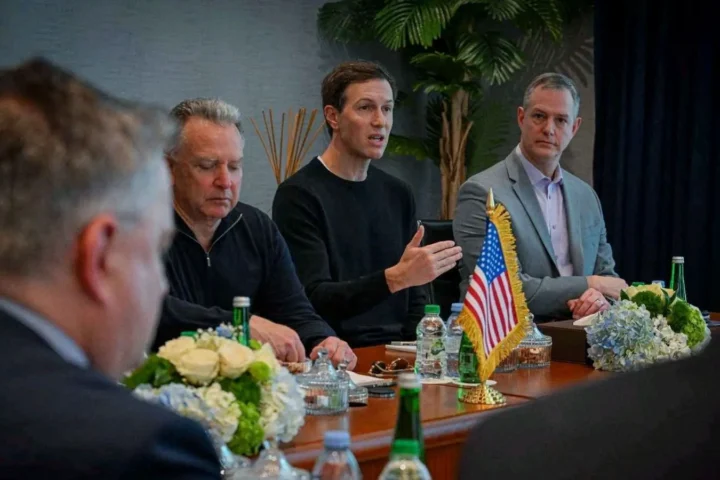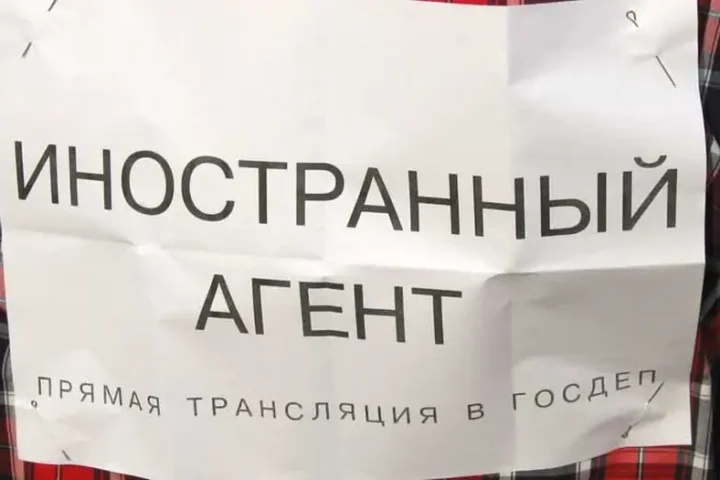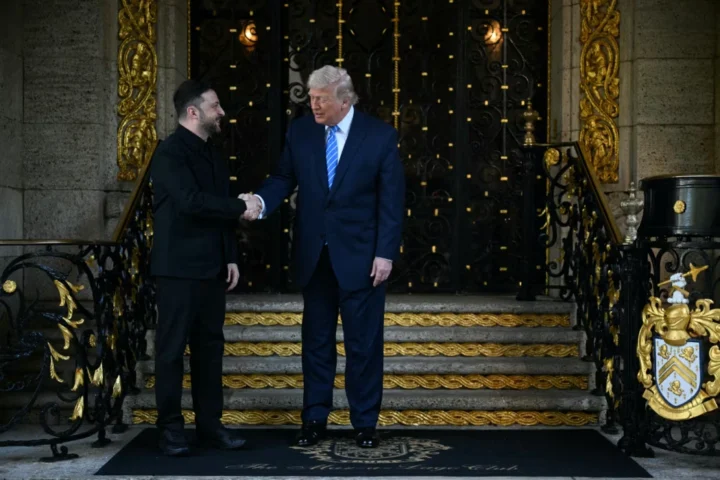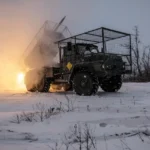Based on the investigation by journalist Anastasia Kashevarova
Multi-million-ruble payments, bonuses, and benefits offered to those who sign contracts with the Russian Ministry of Defense attract not only volunteers willing to fight in the “Special Military Operation” (SMO) or the so-called “African Corps,” but also organized fraudsters from across Russia and the CIS.
According to journalist Anastasia Kashevarova, in many regions, entire networks have formed around enlistment offices and recruitment points — shadow systems that traffic in people destined for the front. These “black recruiters” operate systematically: they have contacts inside government offices, military commissariats, and law enforcement agencies. Using those connections, they forge documents, push recruits through medical commissions, and control payments — turning soldier contracts and government benefits into a steady source of illegal profit.
How the schemes work: three typical patterns of exploitation
Scheme 1 — “Help” after a failed medical check
A candidate is rejected at a selection point for medical or other reasons. At the exit, he is approached by “black recruiters” who promise to “help” obtain the necessary certificates and pass the military medical commission, thanks to their contacts. In exchange, they take his documents and bank card “for processing.” From that moment, they control all his payments — and sometimes even arrange a fake marriage with a so-called “black widow” to legalize access to his compensation.
Scheme 2 — Targeting vulnerable and marginalized groups
Alcoholics, drug users, and people with criminal records are the easiest prey. They are detained, intimidated, deceived, and forced to sign contracts while in a confused or impaired state. Threats of prison and ignorance of the law make them completely defenseless. Their cards and documents are seized immediately, giving recruiters full control over their money.
Scheme 3 — False promises of elite units
Recruiters lure people with promises of joining “elite” formations — such as Wagner, the African Corps, or units led by famous commanders. Some candidates even pay kickbacks to secure their assignment, only to be sent to entirely different formations and fronts. This is a combination of fraud and forced labor — when a human being becomes a tradable commodity, resold between regions and military units.
Regional and inter-unit “sales” — fraud at the highest level
According to Kashevarova, the trade in fighters has already spread to regional administrations and unit commanders.
For instance, the Moscow region reportedly recruited men for one group headed to the Zaporizhzhia front, but en route they were “sold” to another region and redirected to the Donetsk sector.
Some units, the journalist writes, even “trade” personnel among themselves — turning the market for fighters into a logistical operation with its own prices and routes.
Scale and structure: not isolated scams but an organized system
The presence of “mafia-like groups” in multiple regions, Kashevarova notes, shows that this is not a collection of lone fraudsters but an organized, systemic enterprise.
The operations are structured: some members search for victims, others forge documents, while others manage payments or provide legal cover.
Access to victims’ bank cards and personal papers allows them to divert state payments with ease.
Who is at risk: the powerless and marginalized
The most vulnerable are the unemployed, those struggling with addiction, and people with criminal histories.
They are promised money, housing, and quick enlistment — only to be manipulated and coerced. Contracts are signed under duress, with threats and intimidation. Once they sign, they lose all control over their finances and identity documents.
Financial exploitation: from benefits to sham marriages
Kashevarova reports that large government payments and bonuses have become raw material for fraudulent schemes.
Recruiters gain access to victims’ cards, create fake marriages, and redirect compensation to themselves or their intermediaries. Victims are left with crumbs, stripped of rights, protection, and dignity.
Political context and institutional risks
The recruitment system, Kashevarova argues, is embedded within state structures and overseen at a federal level. Officially, Dmitry Medvedev is responsible for supervising recruitment policy.
In the conditions of the SMO, transparency is virtually impossible — corruption risks were built into the system from the start.
As the journalist writes, “the trafficking of fighters is already taking place under corrupt regional authorities and between military units. This is fraud at the highest level.”
Consequences: a weaker army and a broken society
As a result, the army receives unhealthy, untrained, and demoralized recruits, undermining its combat readiness and credibility.
Society, meanwhile, faces deepening cynicism and a collapse of trust in state institutions — as human lives are literally turned into a means of profit.
A case study for investigators
Kashevarova calls the situation a “Klondike for investigators”: a massive network of fraud, corruption, and human trafficking that demands systemic, interregional investigations.
Only transparency in contract mechanisms, control over payments, and legal protection for vulnerable citizens can prevent the war from continuing to serve as a shadow market for exploitation.


